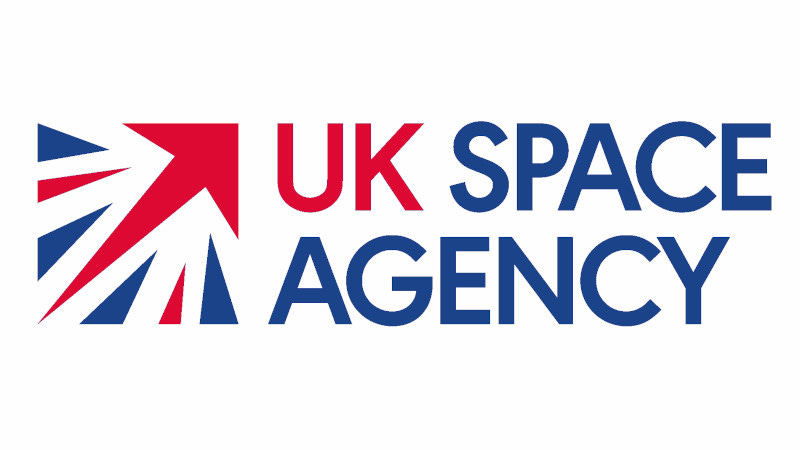New Roadmap for Pro-Growth Regulation in UK Space Sector Launched
Regulatory Review Published, National Space Operations Center Opened
UK Science Minister Andrew Griffith and Minister for Defense Procurement James Cartlidge recently visited RAF High Wycombe, home to UK Space Command, to officially launch the National Space Operations Center (NSpOC). They also announced a new report published by the Department for Science, Innovation and Technology (DSIT).
"The launch of the National Spa…




